My journey managing agricultural development projects in Burundi began in 2020, a year that will forever be etched in our memories due to the global pandemic. CABI ’s Plantwise program was launching in the country, thanks to funding from Nuffic (July 2020-March 2022), and the Embassy of the Kingdom of the Netherlands (EKN) in Bujumbura (November 2020-October 2023). Little did I know the challenges that lay ahead, but also the incredible lessons I would learn.
COVID-19 defined the years 2020 and 2021. The pandemic and its associated restrictions significantly disrupted our initial plans. Travel to Burundi was impossible until February 2021, and even then, every trip involved mandatory quarantines – initially seven days, then four, before finally being lifted. Each journey also meant navigating pre-departure and on-arrival COVID tests, each costing USD 100. Then, in August 2021, just as I was preparing to return to Nairobi from Burundi after a productive mission, I tested positive. This resulted in a two-week quarantine in a hotel, an experience that profoundly underscored the value of freedom. Confined to a room, despite the comfortable surroundings, I felt a deep sense of isolation and restriction.
Despite these hurdles, we persevered. We not only recovered lost time but also made a significant impact on the ground. Burundi’s economy is largely based on subsistence agriculture, with some of the lowest per capita agricultural production in East Africa. Strengthening the capacity of farmers and advisors in pest and disease management was identified as a key priority. Plantwise directly addressed this by training extension personnel to provide accurate diagnoses and practical recommendations to farmers.
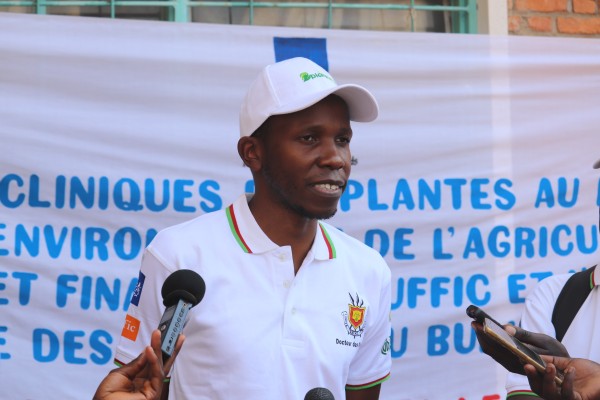
We established plant clinic networks, staffed by trained ‘plant doctors,’ where farmers could bring crop samples for diagnosis and receive science-based advice – much like a human health clinic. These clinics were supported by the Plantwise Knowledge Bank, a rich online and offline resource offering diagnostic tools, best-practice pest management advice, and data analysis for targeted crop protection. This holistic approach strengthened national plant health systems, fostering stakeholder connections and information sharing, ultimately empowering the country to support farmers in producing safe and sustainable food.
Three years later, and despite the numerous challenges, the project has achieved significant milestones: enhancing agricultural productivity, empowering farmers, and promoting gender equity. We established a thriving network of plant clinics, reaching thousands of farmers with essential knowledge and resources. We adapted our strategies to address challenges like limited diagnostic capabilities and perceived cost barriers, implementing continuous training for plant doctors and enhancing digital data management tools. Moreover, through community conversations, we fostered positive social change and increased women’s empowerment within farming communities.
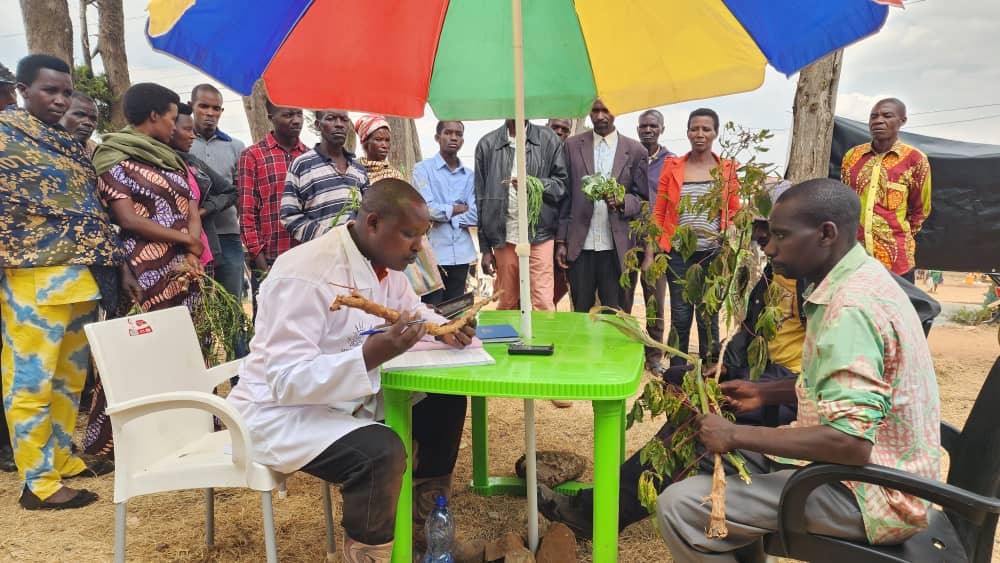
These successes led to securing additional funding for a larger program, CABI PlantwisePlus Burundi. This new phase involves more partners, staff, and a dedicated CABI office in Burundi with local staff. We also established a project board, crucial for providing strategic guidance, oversight, and accountability, ensuring alignment with donor objectives and national priorities. PlantwisePlus aims to empower 75% of Burundi’s smallholder farmers to produce more food sustainably. It integrates plant clinics into the national plant health system, links them with other advisory services, promotes gender-inclusive methods, and encourages lower-risk pest management practices, including exploring biological control solutions.
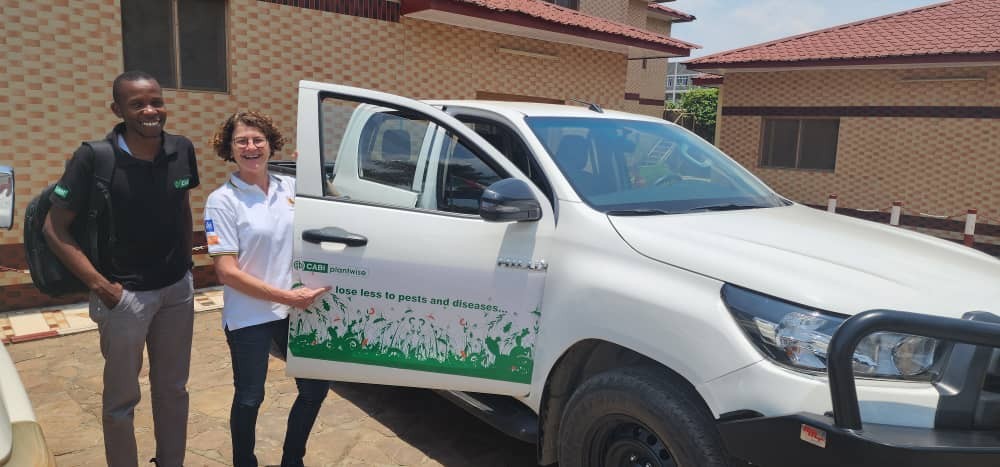
As the project manager, I provide strategic oversight, operational leadership, and accountability. I integrate project components, manage resources, monitor progress, mitigate risks, and ensure timely delivery of outputs. I also drive innovation, foster collaboration, and maintain a focus on sustainable impact.
This journey has provided invaluable lessons:
- Flexibility and Proactive Planning are Crucial in Crisis Management: The COVID-19 pandemic underscored the importance of being agile and having contingency plans. Proactive measures like early risk analysis, stakeholder engagement, and robust monitoring allowed the project to recover lost time and achieve its objectives. As a project manager, always plan for uncertainties and build flexibility into project timelines. Crisis response should prioritize early engagement and data-driven decision-making.
- Scaling Responsively to Demand Requires Strategic Alignment: Aligning with government and donor priorities unlocks resources, but scaling requires careful planning.
- Showcase Sustainability for Long-term Impact: Showcasing tangible outputs aligned with stakeholder priorities enhances sustainability and project visibility. Sustainability should be embedded in both design and implementation.
- Capacity Building is a Key Investment in Sustainability: Investing in capacity building has ripple effects, enhancing the resilience of local systems and ensuring sustainability beyond project timelines.
- Continuous Training and Mentorship Drive Quality Improvements: Ongoing development builds confidence and competence.
- Technology Adoption Requires User-Focused Implementation: Training and user support are critical for successful technology adoption.
- Partnerships Expand Reach and Impact: Strategic alliances maximize impact and resource sharing.
- Acknowledge and Plan for Cost Barriers Faced by Beneficiaries: Solutions must be cost-effective and accessible.
- Strengthen Local Systems to Address Structural Weaknesses: Building local capacity creates long-term impact.
- Gender Inclusion Needs Tailored, Evolving Approaches: Adaptive strategies are essential for effective gender inclusion.
- Operational Efficiency Enhances Project Execution: Investing in operational resources improves efficiency and safety.
Beyond the project itself, Burundi is a beautiful country with incredibly warm and welcoming people. From the stunning landscapes to the shores of Lake Tanganyika and the delicious local cuisine, it’s a truly special place. This experience has been both challenging and rewarding, shaping me as a project manager and leaving a lasting impact on Burundi’s agricultural landscape.
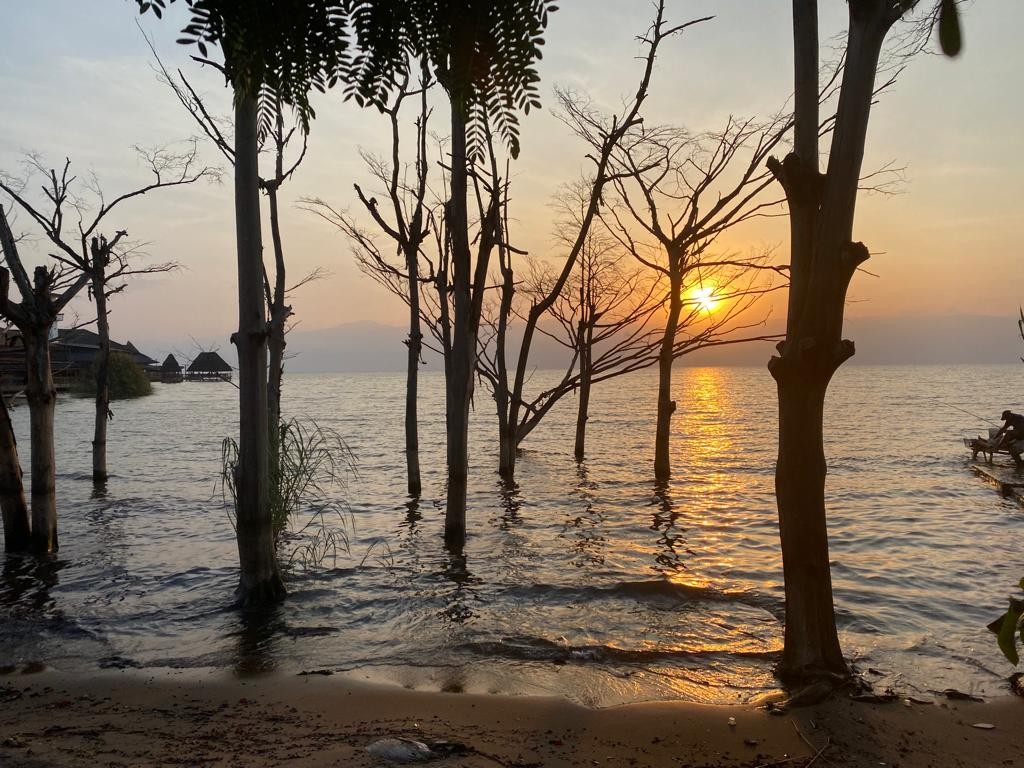
This article was originally published on LinkedIn
Willis Ochilo, Senior Scientist
Willis Ochilo, Senior Scientist at CABI has over 10 years of professional experience in food security and crop protection. Working on several projects in Burundi, Willis focuses on developing strategies to strengthen plant health systems, promote sustainable pest management and provide farmers with skills to improve production.
Read more
Plantwise programme made considerable progress to help strengthen plant health systems in Burundi
1 Comment
Leave a Reply
Related News & Blogs
The role of soil health in sustainable agriculture
Previously, we have discussed the importance of soil health for agriculture, highlighting its threats and outlining protection strategies. In this blog, we dig deeper into the role of soil health in sustainable agriculture and explore its long-term ben…
18 June 2025


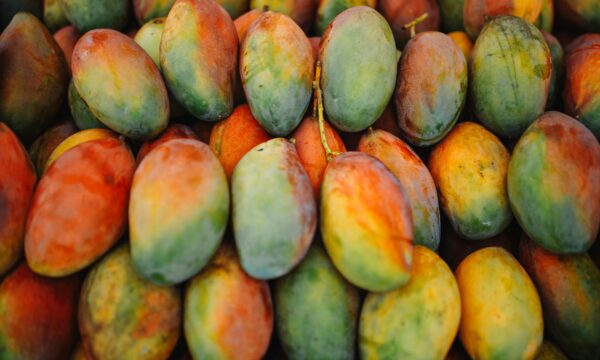
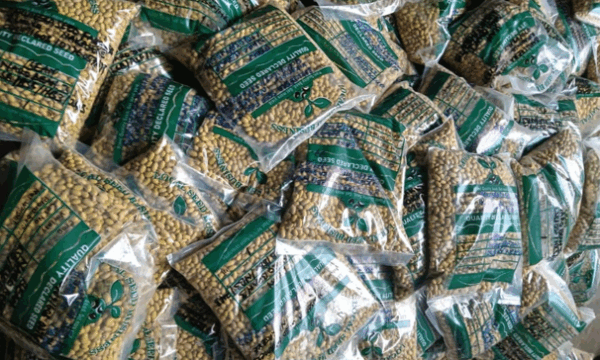

Thank Willis. Plantwise program is having a huge impact in agricultural growth in my country. My heartfelt thanks also to Janny and Nertherland Embassy in Burundi.